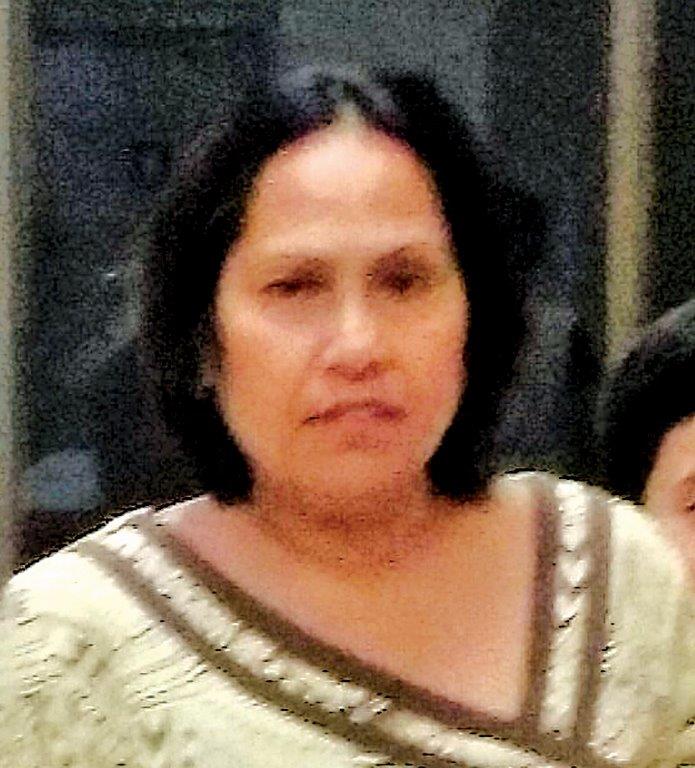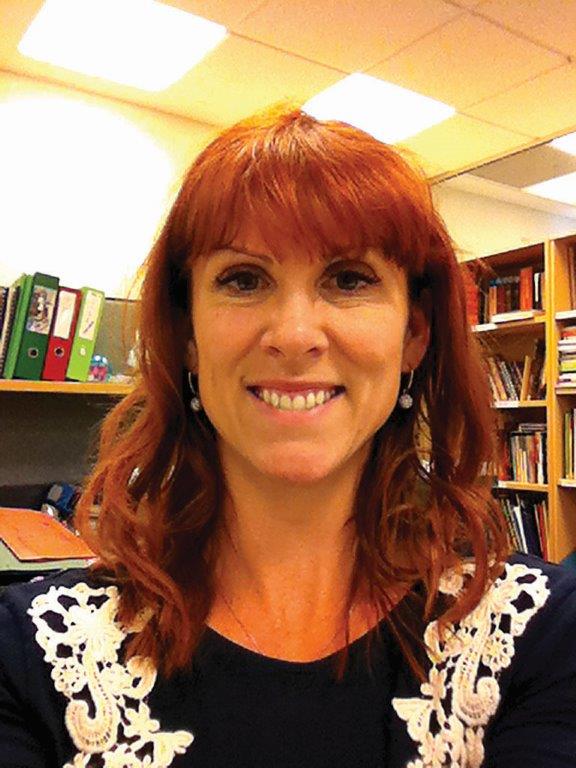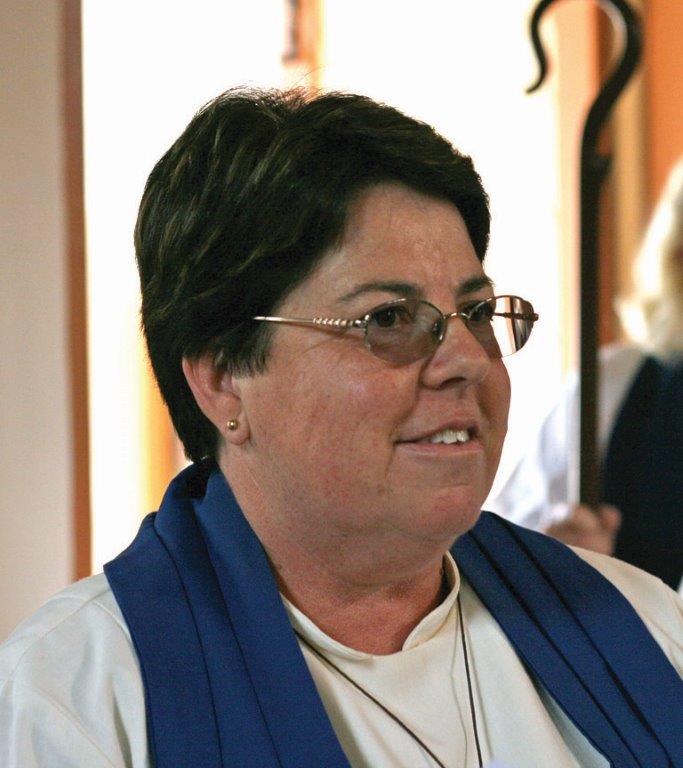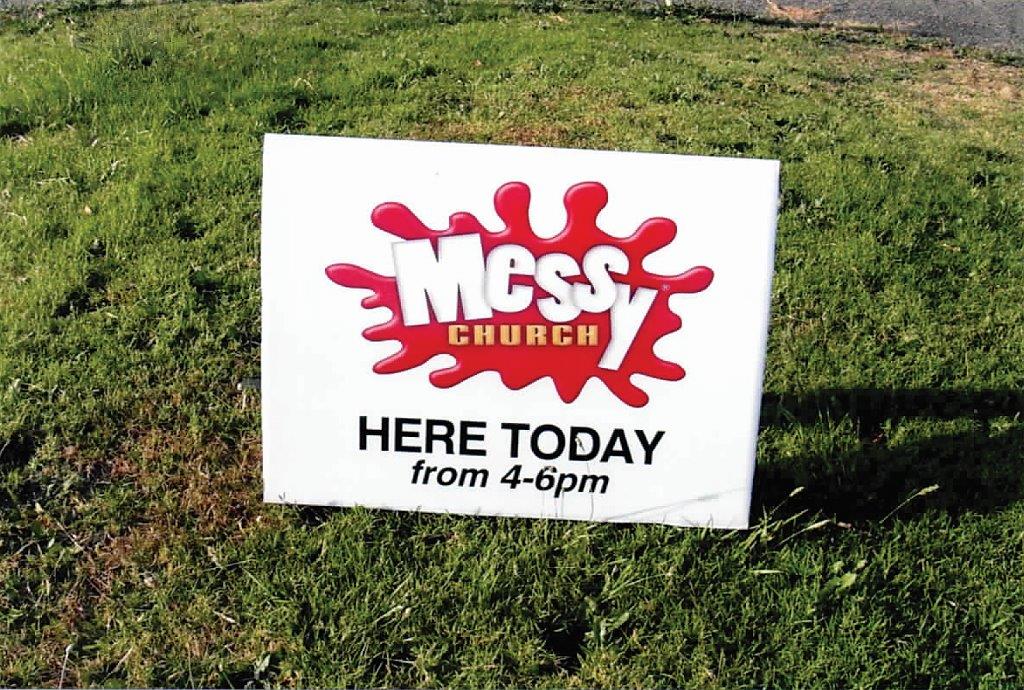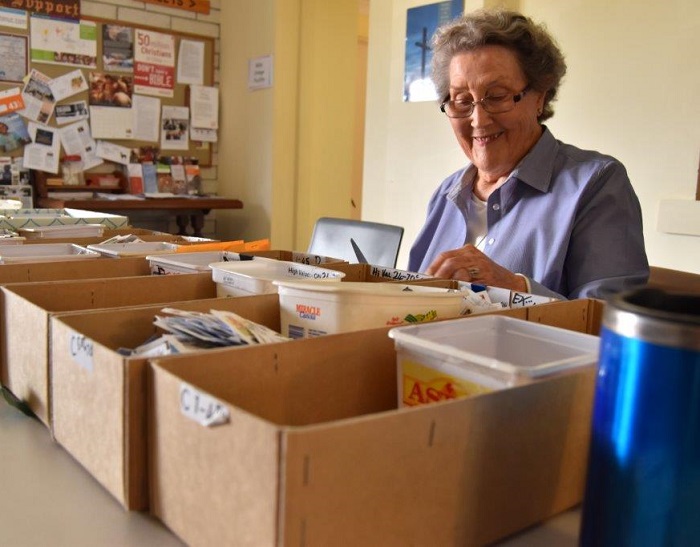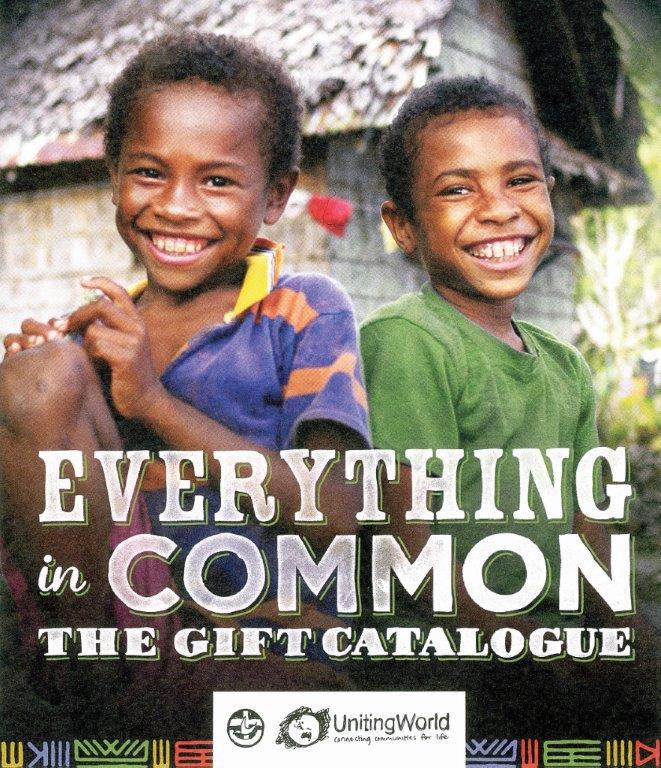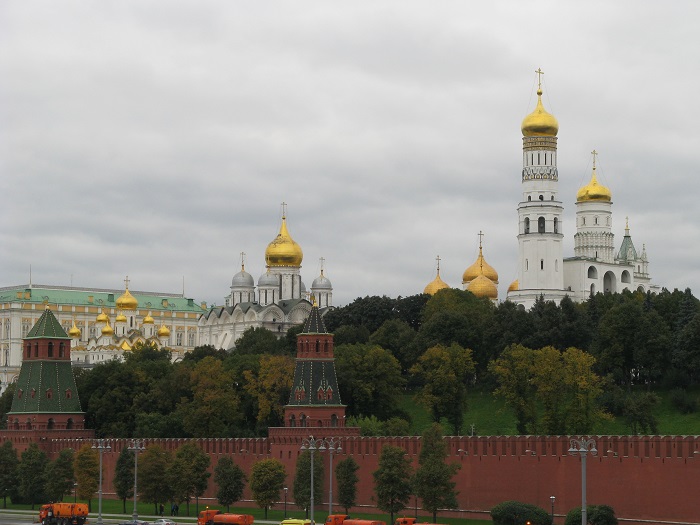International Women’s Day will be held on Wednesday 8 March. To celebrate, four inspiring women share with Revive their thoughts on leadership and faith as a woman in the Uniting Church today.
Hanamoa Vaitogi
Serving with the Perth Samoan Uniting Church.
What makes great leadership?
We can all be leaders in different ways, and being in great leadership for God’s people is doing it with love, patience and honesty. You don’t have to be a pastor or an evangelist to do that. As a Christian, you can lead people to Jesus in spiritual growth through encouragement, praying together and ongoing discipleship.
How can we contribute to creating a better world?
We can do this by setting good examples for our young people and educating them well, so they know what’s good and what’s bad as they grow up they will decide accordingly.
Being a woman in leadership is…
l used to live in a culture where leadership in church is always dominated by males, and it’s tough. Now, I’m a member of the Uniting Church and it’s totally different. My mission now is to listen to people’s concerns and understand their opinions, relate them to the word of God and then share with love and patience.
Janine McDonald
First Third project officer at the Uniting Church WA.
What makes great leadership?
I think a great leader is someone who motivates and inspires their team, or even just those around them, to embrace and passionately work towards a common goal.
How can we contribute to creating a better world?
By learning about and getting to know each other, by embracing our differences and sharing God’s love for each other, we can absolutely make the world a better place.
Being a woman in leadership is…
Being a working mother has its challenges and is often exhausting. It is a juggling act between school, family and work schedules, and commitments. Being involved in and making a positive difference in young people’s lives, however, is a worthy reward for all of the hard work and effort involved.
Rev Lorraine Stokes
Minister at Willetton Uniting Church, chairperson-elect of the Presbytery of WA.
What makes great leadership?
Leadership is about doing all that is possible to help people be the person they were created to be, with all the potential that brings for them and everyone around them. Leadership is about giving guidance and encouragement.
How can we contribute to creating a better world?
Each day, and in every situation, we can choose to act wisely, with care and compassion in our use of time and our treatment of people and all of creation. It is about changing ourselves first and modelling that lifestyle to others. I believe it is of more benefit to empower people than to give help to the extent that people remain helpless.
Being a woman in leadership is… demanding and invigorating. Being a wife, a mother, a housekeeper and cleaner, as well as being in leadership can take a lot of organisation; but nothing is too much effort when you know you are following the path to which you have been called.
Kristin Grainger
Pastor for the Warren-Blackwood Group of the Uniting Church WA.
What makes great leadership?
Being able to relate to people from all walks of life, having life experience and being compassionate and resilient in all situations.
How can we contribute to creating a better world?
Definitely no other answer could go beyond the giving, receiving and expressing of love, compassion and equality. We need to move more into sustainable living and utilising the renewable energies that we have been provided.
Being a woman in leadership is… being the feminine side of Jesus. Lead by Jesus’ example; gentleness, firmness, stand firm in the storms. I aspire to Micah 6:8 “And what does the Lord require of you? To act justly and to love mercy and to walk humbly with your God.”
Be strong in what God has placed before you through faith with thanksgiving.
